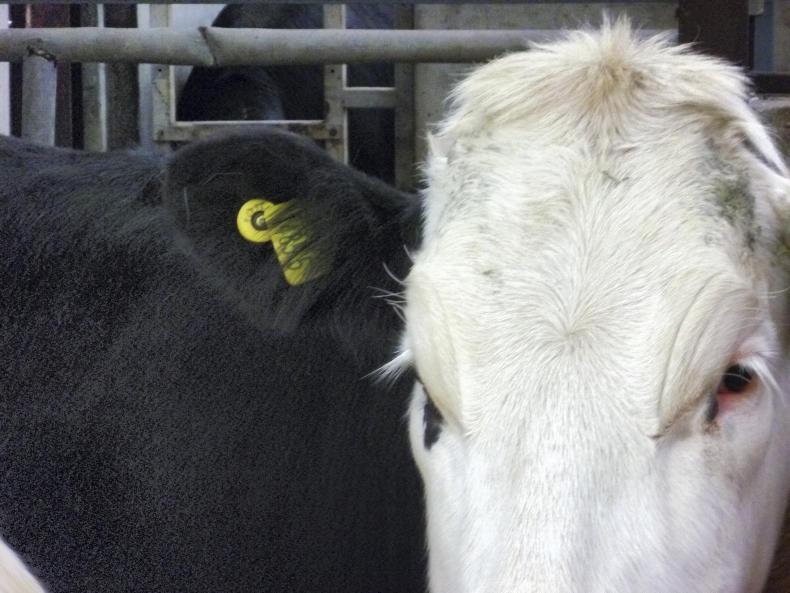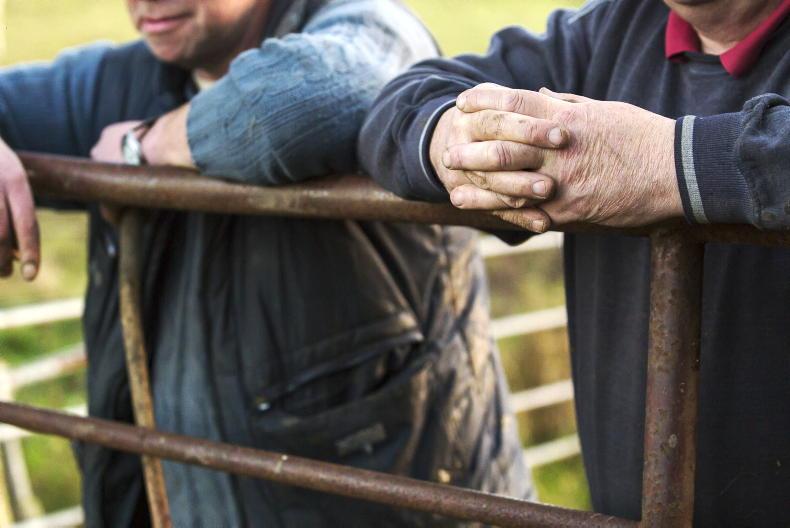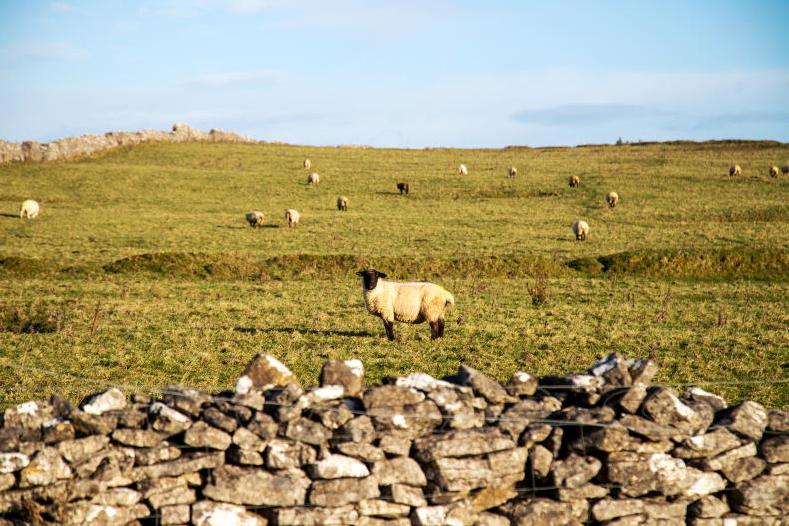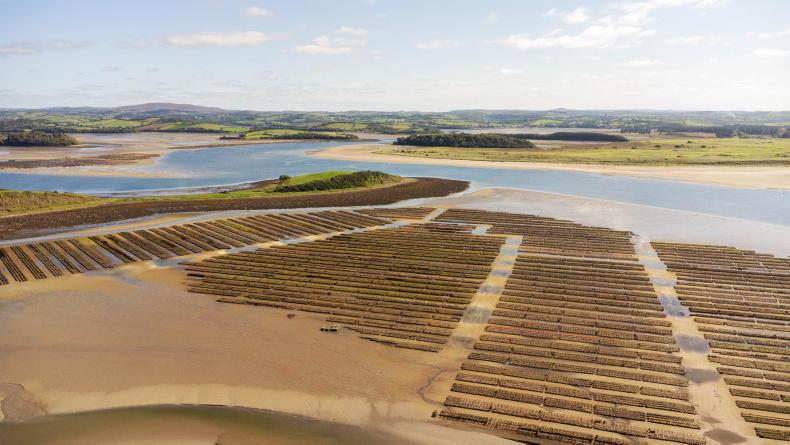Plans to introduce compulsory EID tagging for cattle could cost farmers up to €2.6m annually.
Last month, the Irish Farmers Journal revealed that the Department of Agriculture was scoping out the possible introduction of mandatory electronic tags.
Minister for Agriculture Dara Calleary has now confirmed that the preliminary stages of that work has commenced.
While the cost of tags are set by suppliers, the minister acknowledged there would be an additional cost to farmers for an electronic compared to standard tag. This is estimated to be between €1.05 and €1.11 per animal.
Approximately 2.35m calves were born on Irish farms last year. Farmers would have faced an extra cost of €2.6m if electronic tags were required.
However, Minister Calleary insisted the Department was pursuing the plans with a view to the possible benefits for the sector.
Farmers will be concerned that they will be required to carry the extra cost burden with limited benefits for themselves
“The use of EID tags has the potential to deliver a substantial improvement in the bovine identification system for farmers, livestock marts, slaughter plants, export assembly centres, veterinarians and the Department,” the minister said, responding to a parliamentary question from Sinn Féin’s agriculture spokesperson, Matt Carthy.
The electronic scanning of cattle at marts and factories would assist a move to a paperless system and allow automated reporting of animal movements to the AIM system, he said.
This in turn would improve the speed, reliability and accuracy of the traceability system. However, farmers will be concerned that they will be required to carry the extra cost burden with limited benefits for themselves.
The minister has offered reassurances that the development of a plan to implement EID tagging will involve consultation with all relevant stakeholders, including farm organisations.
Read more
Costs of EID cattle tagging can’t be solely on farmers - ICMSA
Farmer Writes: EID for cattle of no benefit to me
Compulsory EID tagging for cattle on the table
Plans to introduce compulsory EID tagging for cattle could cost farmers up to €2.6m annually.
Last month, the Irish Farmers Journal revealed that the Department of Agriculture was scoping out the possible introduction of mandatory electronic tags.
Minister for Agriculture Dara Calleary has now confirmed that the preliminary stages of that work has commenced.
While the cost of tags are set by suppliers, the minister acknowledged there would be an additional cost to farmers for an electronic compared to standard tag. This is estimated to be between €1.05 and €1.11 per animal.
Approximately 2.35m calves were born on Irish farms last year. Farmers would have faced an extra cost of €2.6m if electronic tags were required.
However, Minister Calleary insisted the Department was pursuing the plans with a view to the possible benefits for the sector.
Farmers will be concerned that they will be required to carry the extra cost burden with limited benefits for themselves
“The use of EID tags has the potential to deliver a substantial improvement in the bovine identification system for farmers, livestock marts, slaughter plants, export assembly centres, veterinarians and the Department,” the minister said, responding to a parliamentary question from Sinn Féin’s agriculture spokesperson, Matt Carthy.
The electronic scanning of cattle at marts and factories would assist a move to a paperless system and allow automated reporting of animal movements to the AIM system, he said.
This in turn would improve the speed, reliability and accuracy of the traceability system. However, farmers will be concerned that they will be required to carry the extra cost burden with limited benefits for themselves.
The minister has offered reassurances that the development of a plan to implement EID tagging will involve consultation with all relevant stakeholders, including farm organisations.
Read more
Costs of EID cattle tagging can’t be solely on farmers - ICMSA
Farmer Writes: EID for cattle of no benefit to me
Compulsory EID tagging for cattle on the table









SHARING OPTIONS